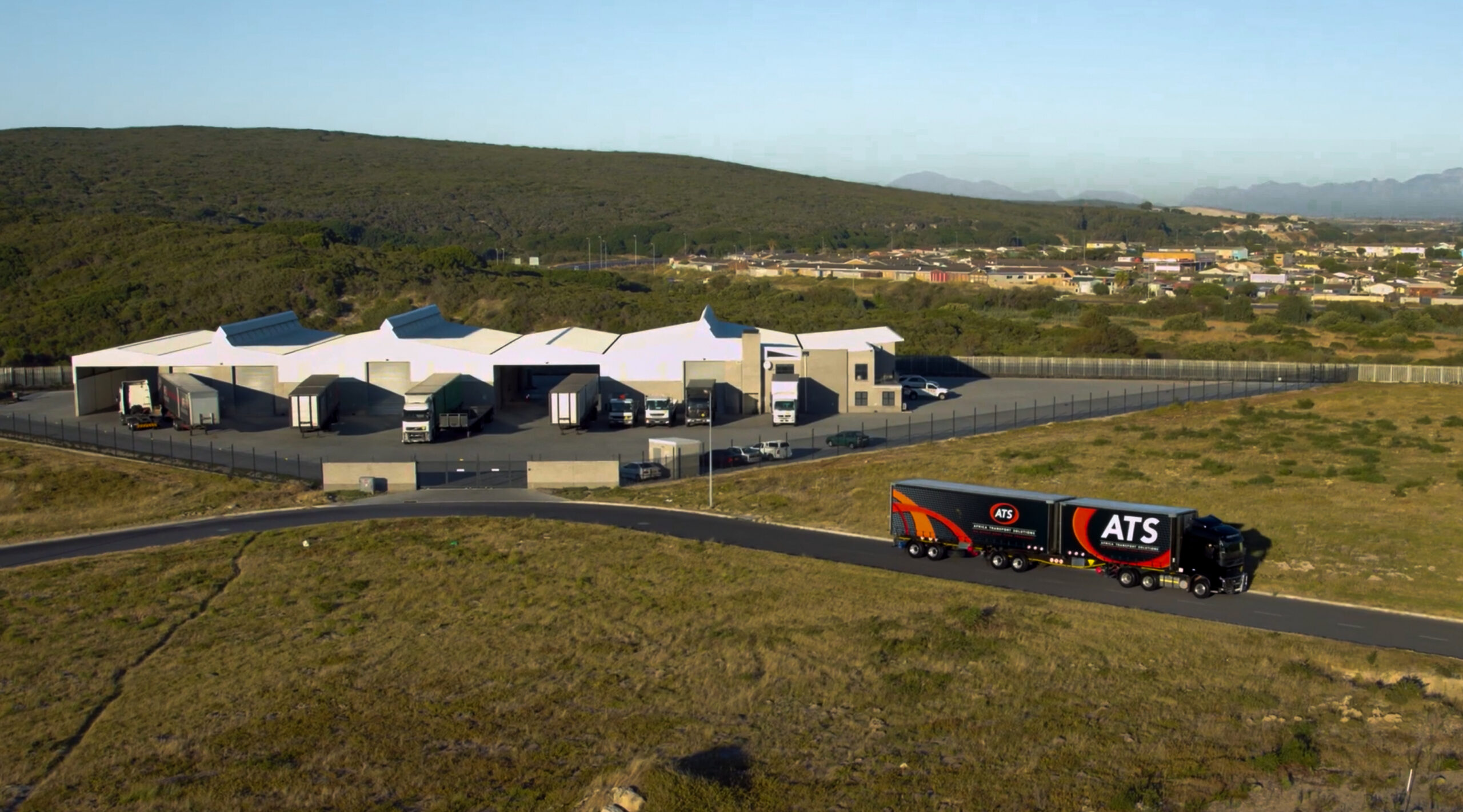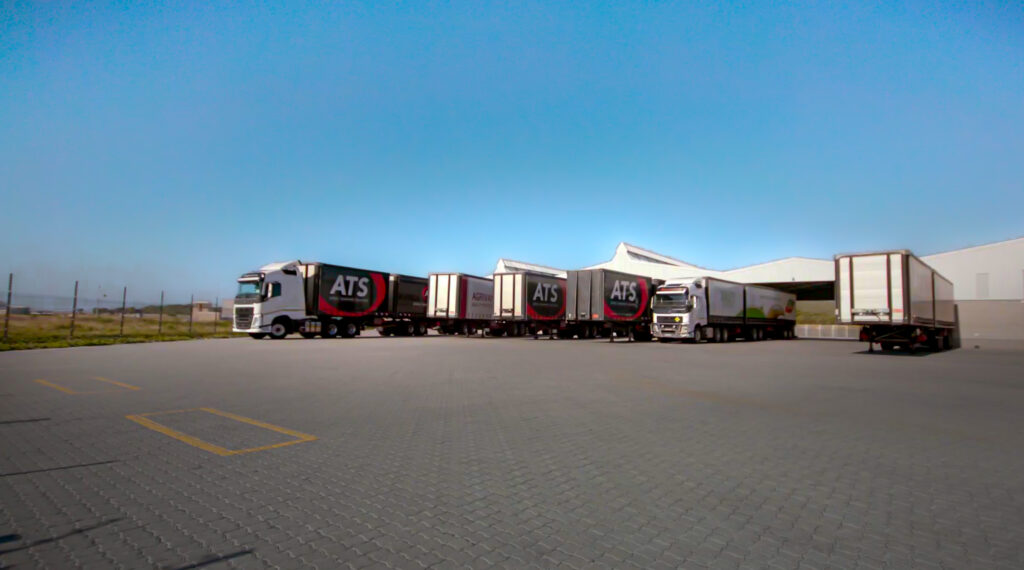
From packaged food to construction supplies, non-perishable cargo drives much of South Africa’s freight movement. That’s where dry goods freight transport steps in—offering tailored logistics services that ensure durable cargo moves efficiently, safely, and affordably. These solutions are designed for businesses in retail, agriculture, manufacturing, and wholesale sectors that need dependable inland or cross-border freight systems. The success of these operations depends on reliable carriers, intelligent route planning, and standardized cargo handling procedures.
Dry freight makes up the bulk of most commercial supply chains. It doesn’t require refrigeration or sensitive temperature control but still demands proper loading, storage, and security. South African logistics companies that specialize in dry goods transport offer a full suite of services, including palletized loading, high-capacity trucks, warehouse staging, route optimization, and bonded delivery management. This structured approach ensures that products such as canned foods, textiles, hardware, or consumer goods arrive in perfect condition and on time.
Unlike cold chain or liquid freight, dry goods often travel in bulk. Efficient movement depends on maximizing vehicle capacity. Freight companies optimize trailer configurations, balance axle weights, and consolidate shipments for cost-efficiency. This reduces fuel use, increases per-load ROI, and helps clients move higher volumes with fewer trips. For businesses managing distribution to multiple retailers or export customers, dry freight logistics is built to scale.
Whether you’re delivering to a major retailer in Johannesburg or a supplier in the Northern Cape, dry goods logistics must work in all conditions. Service providers offer flexible routing and last-mile options that support urban congestion or remote access points. With proper road mapping, 4×2/6×4 truck availability, and trained drivers, providers ensure that goods reach their destination regardless of terrain or location challenges.

Non-perishable cargo frequently moves between South Africa and neighboring countries. From construction materials to FMCG products, dry goods must clear customs efficiently and pass border checks. Logistics partners manage documentation, bonded permits, VAT/tariff calculations, and transloading services. They also arrange for safe warehousing and route clearance approvals—enabling consistent deliveries into Botswana, Zimbabwe, Zambia, and Mozambique.
Storing dry goods during transit or production cycles is key to smooth operations. Logistics providers offer secure warehouses with temperature-controlled zones, FIFO/LIFO stock systems, and inventory audits. This improves demand forecasting, stock rotation, and returns handling. Combined with transport services, warehousing builds a full-circle solution that lowers costs and improves delivery predictability.

Businesses that master dry freight logistics can serve more customers, expand territories, and reduce product waste. Dry goods freight transport services ensure reliable delivery, regulatory compliance, and volume optimization. They’re ideal for companies focused on B2B supply chains, wholesale distribution, and long-term scalability. With the right logistics partner, your dry cargo doesn’t just move—it drives market expansion, reputation, and revenue growth.